Everything You Should Know About the Controversy of Korean Comfort Women
- byT.Sapphire 💙
- 10 months ago
- 0 Comments
- 3mins
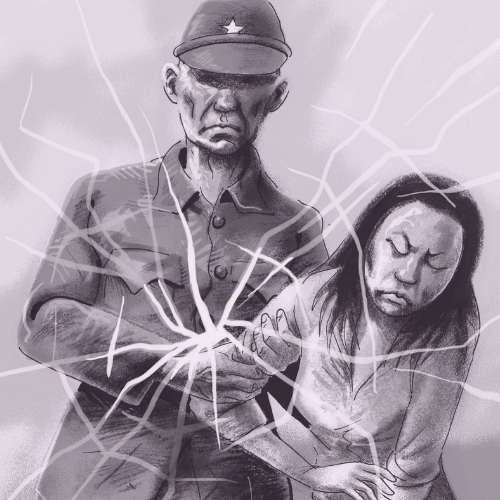
By now, you've probably heard about the tragic history of Korean comfort women, whether while perusing Korean history or watching K-dramas.
The term "comfort women" is used to describe women whom Imperial Japanese Army members kidnapped to use as military sex slaves from 1910 to 1945 (throughout the occupation of Korea).
The Comfort Women's story has dynamically influenced international relations and historical investigations while reshaping the worldwide understanding of wartime atrocities. Historians disagree on the complete story about these women since their experiences go beyond their role as victims of Japanese abduction and sexual coercion.
The Origins of the Comfort Women System
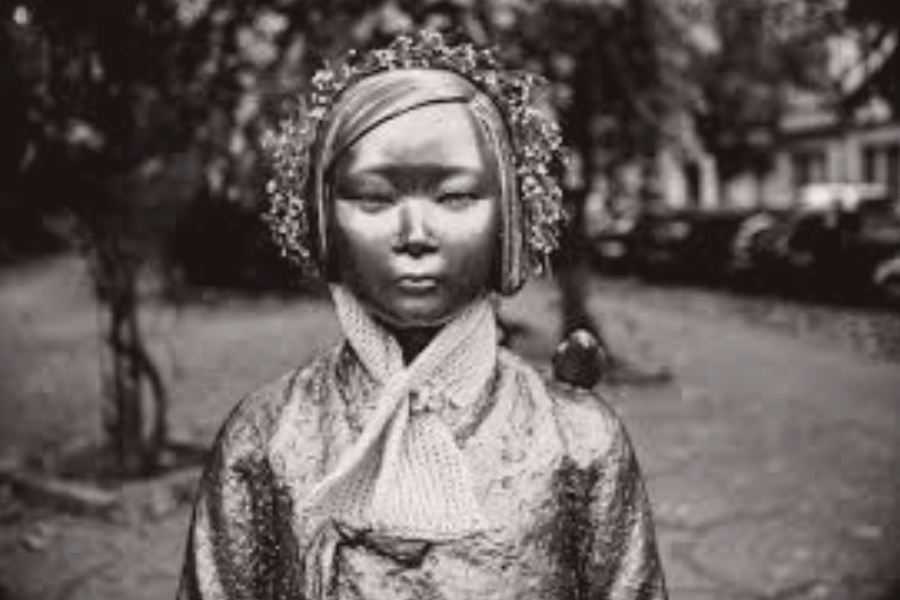
Japan operated military brothels as "comfort stations" within all territories it occupied during World War II, including Korean territory. Numerous common history books maintain that Japan kidnapped thousands of young Korean women from their families before compelling them to work as victims of sexual slavery. Many people believe this because of evidence provided by previous comfort women along with activist organizations that defend their cause while seeking compensation. Japanese writer Seiji Yoshida emerged as a vital influence in creating the narrative about Korean women being forcibly taken to comfort stations through his 1980s publication of his forced participation. The global community strongly reacted to his reports until he confessed the stories were false. Even though his work was false, it significantly influenced how societies worldwide understood the comfort women's situation.
The Debate Over Coercion
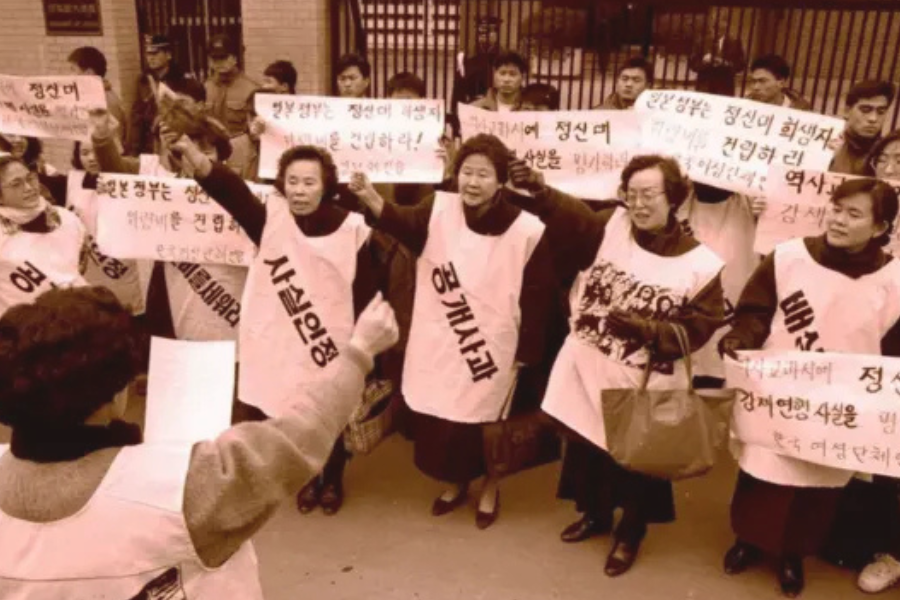
While many comfort women were victims of extreme abuse, historical records suggest their experiences varied. The deception through false job recruitment schemes led women to believe restaurant or factory employment would be their future until they discovered they were forced into military brothels. Poor families voluntarily gave their daughters to brokers who placed the girls into the comfort stations, even though family members were aware of this decision. A minority of academics maintain that comfort women did not function as slaves since Japan maintained a system of commercial prostitution similar to brothels at the time. These claims face substantial academic debate regarding their treatment of women who experienced forced sexual enslavement. No matter the circumstances of their arrival at the camp, most comfort women experienced unbearable suffering with complete lack of self-determination.
Legal and Diplomatic Challenges
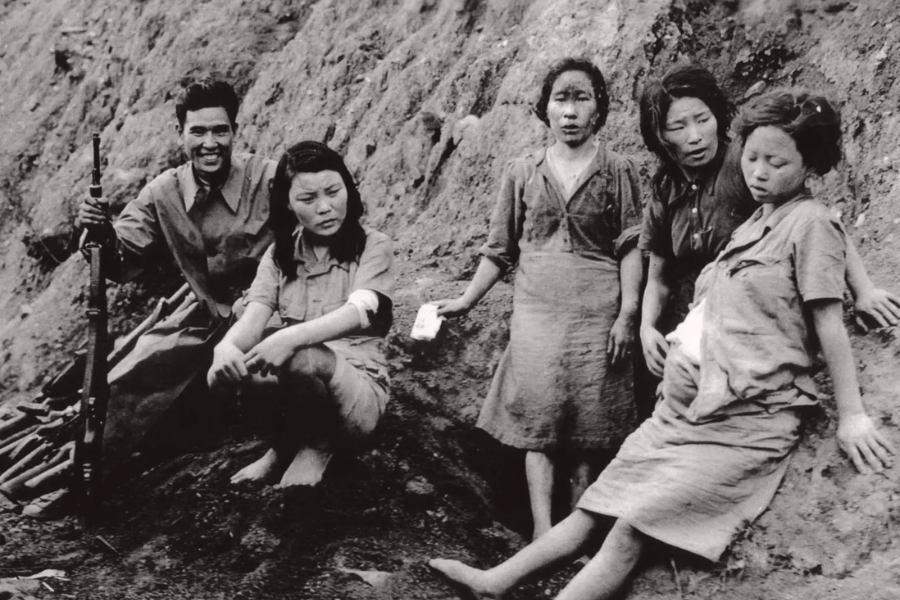
In 2021, a South Korean court dismissed a lawsuit seeking compensation from the Japanese government, citing sovereign immunity, which prevents a country from being sued in foreign courts. This ruling clashed with an earlier decision that had held Japan accountable, highlighting the divided legal opinions on the matter. Japan has repeatedly apologized for its wartime actions, including the Kono Statement of 1993, in which Chief Cabinet Secretary Yohei Kono acknowledged and expressed remorse for the suffering of comfort women. However, these apologies have often been overshadowed by nationalist politicians in Japan who deny wrongdoing, reigniting controversy.
K-Drama Portrayals

Some parts of the K-drama Tomorrow and the movie/drama special Snowy Road shed light, particularly on the struggles of the comfort women during the Japanese occupation of Korea.
As history continues to be reexamined, the comfort women issue serves as a reminder of the complexities of war, memory, and national identity. Whether seen as victims of abduction or as individuals caught in the brutal realities of wartime economies, their stories remain an integral part of Korea’s past and its ongoing relationship with Japan.
T.Sapphire 💙
T. sapphire is a writer who found her love for the Hallyu wave after watching the historical drama “Jumong.” She is mainly interested in Korean dramas and the history of Korea at large. Explore her pieces as she takes you on a journey through K-Drama recommendations and keeps you informed about the history of the Korean people.
0 Comment(s)
Related Posts
Daily Newsletter
Get all the top stories from Blogs to keep track.

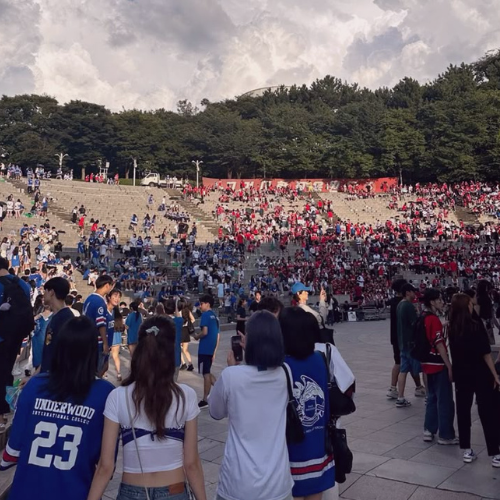



Leave a comment